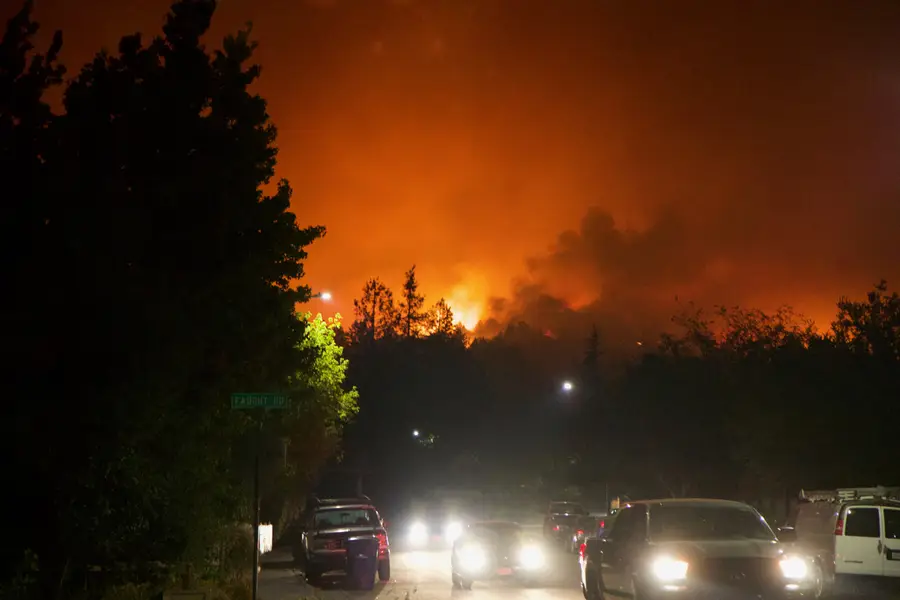
Every number in a statistic is a human with a story.
I think about talking with my mom in September 2020 when a confluence of factors resulted in a wildfire devastating three communities in Southern Oregon. She drove down the highway, parallel to the raging fire, hoping it wouldn’t leap over the road to surround her on all sides. She could feel the heat, saw the guardrails melt before her eyes, and could barely see the car in front of her through the smoke. She left for work that morning as if it were any other day, but by early afternoon she couldn’t go home, and the hotel room I booked for her had already been evacuated. She's one of the most resilient people I know, but she’s scared. I was helpless.
3.6 billion people now live in a situation particularly vulnerable to the effects of climate change, and many more have experienced events likely associated with, if not directly caused by, a changing climate. The impacts amount to more than just physical changes like temperature and wildfires, precipitation, and flooding. There are undeniable human and health impacts that we need to talk about.
Climate change is a crisis on a massive scale. It is so large, in fact, that sometimes the individuals, families, and communities most impacted by it can sometimes get lost in the myriad of stats, graphs, charts, and methodologies we use to understand changing climate patterns.
It is incumbent upon researchers, climatologists, and leaders in addressing climate change to ensure people understand the risk the climate crisis poses to their local communities and how to remain resilient in the face of these extraordinary changes. Effective community engagement and collaboration can help with navigating changing weather patterns and taking appropriate actions to mitigate the damage caused by extreme weather.
Recently, I moderated a discussion on “Climate Changes: Community Resilience” with Dr. Kathie Dello, a State Climatologist at the North Carolina State Climate Office, and Mr. Marlito “Mar” Guidote, Deputy Chief of Party for the USAID Philippines Sustainable Interventions for Biodiversity, Oceans, and Landscapes (SIBOL). Watch the roundtable discussion to dive deeper into innovative approaches that emphasize collaboration and engagement with local communities.
Together, we can shape and strengthen resilience strategies for everyone.
